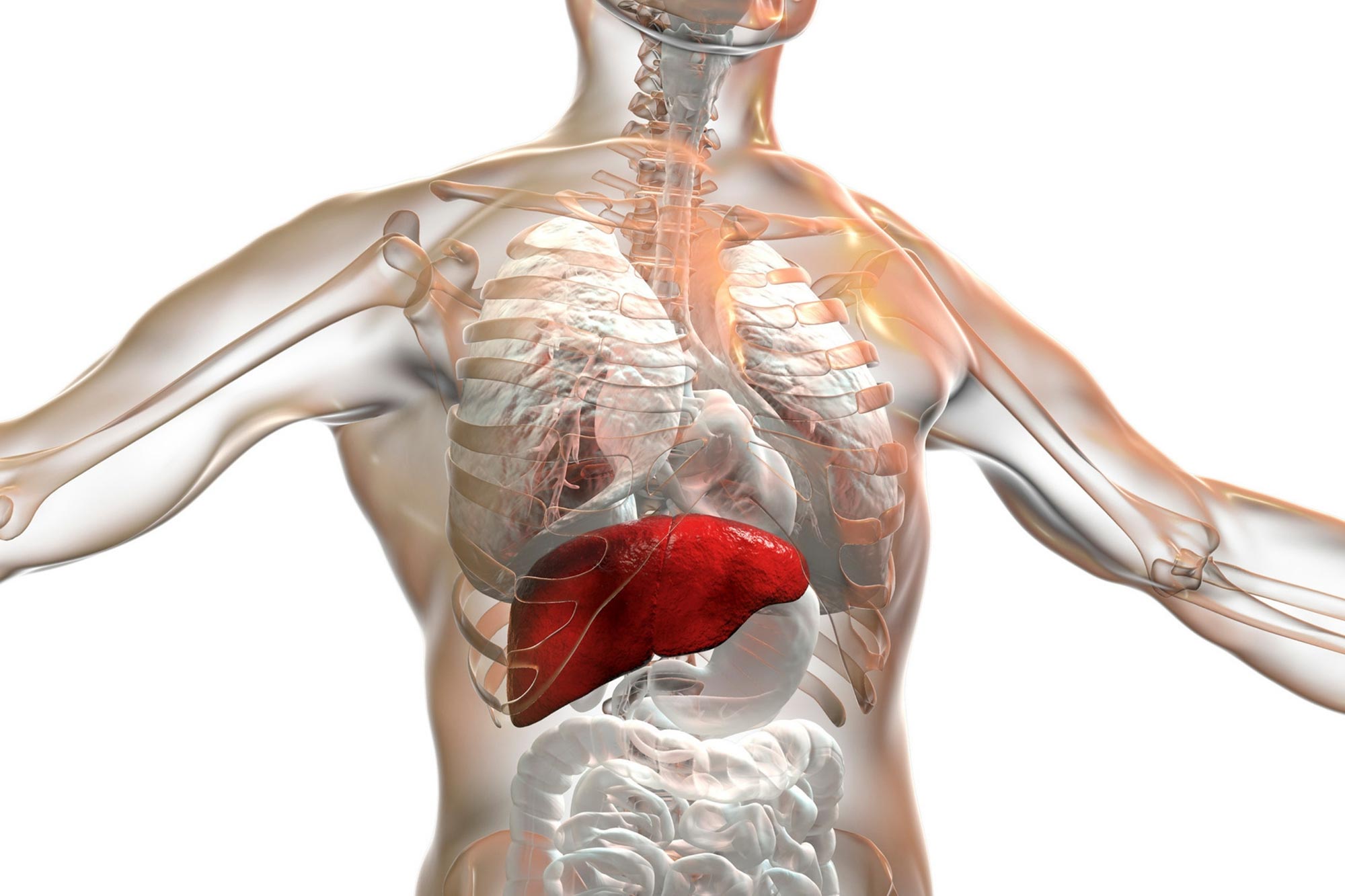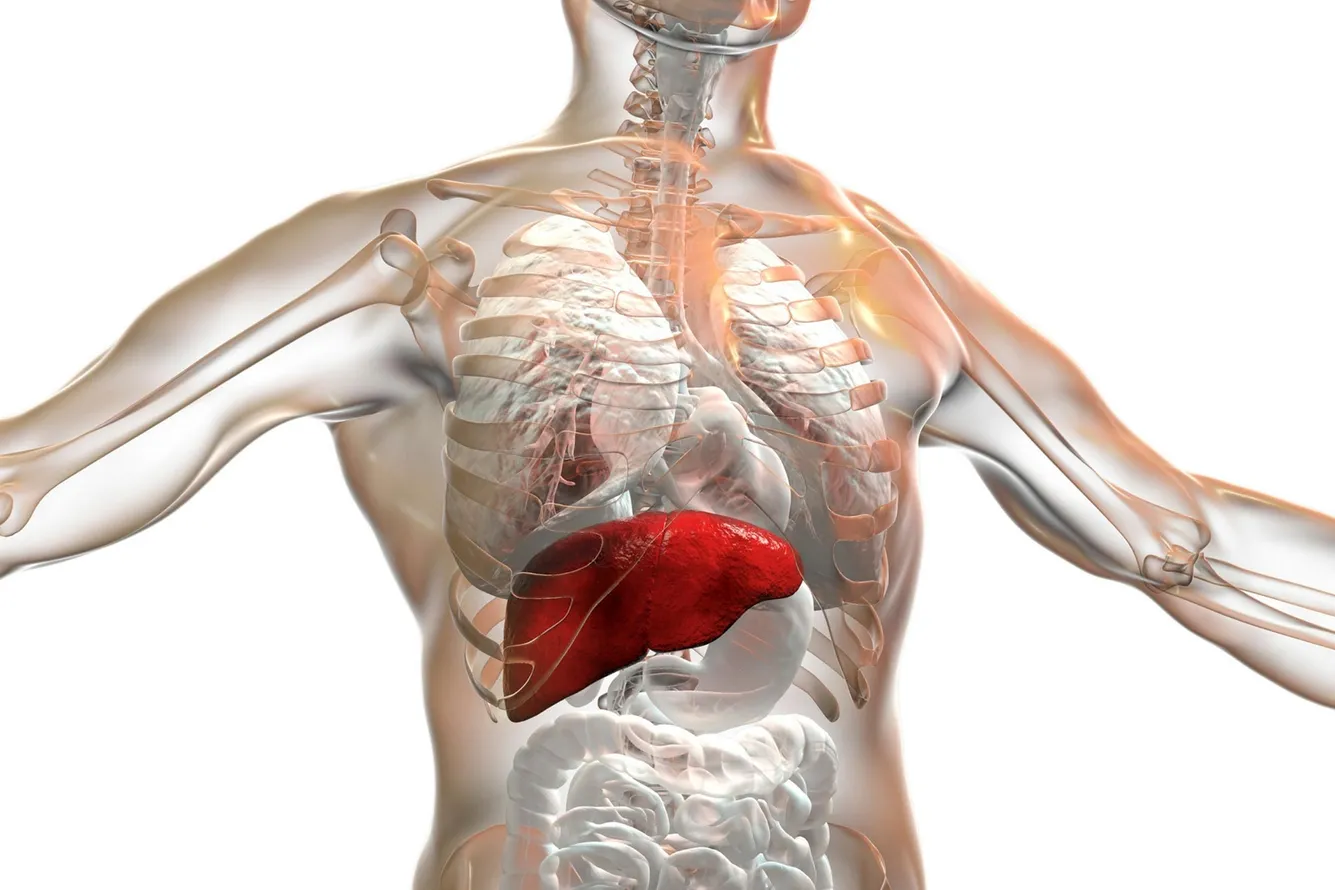

The results, according to the researchers, have significant implications for the early detection and treatment of kidney and liver disease in certain individuals.
Scientists have identified a new liver and kidney disease
In a groundbreaking finding, researchers have identified a new disease that may provide hope to people suffering from unexplained liver and kidney issues.
The inherited condition known as TULP3-related ciliopathy, which results in kidney and liver failure in both children and adults, has been identified by researchers at Newcastle University in the United Kingdom.
There are many causes of kidney and liver organ failure, which may be fatal if left untreated, but frequently patients do not get a specific diagnosis, which can make it difficult to choose the best course of treatment.
The catalyst is a faulty gene
Research, which was published in the American Journal of Human Genetics, has shown that a defective gene is a trigger for increasing liver and kidney fibrosis, which often necessitates a transplant.
Professor John Sayer, Deputy Dean of Clinical Medicine at Newcastle University, said: “Our finding has a huge implication for better diagnosis and management of kidney and liver disease in some patients. What we are now able to do is give some patients a precise diagnosis, which allows their treatment to be tailored to their needs for the best possible outcome.”

Professor John Sayer, Deputy Dean of Clinical Medicine at Newcastle University. Credit: Newcastle University
In the study, experts reviewed clinical symptoms, took liver biopsies and genetic sequencing from scores of patients, where a total of 15 patients from eight families were identified as having this new disease.
Urine samples from these patients were used to grow cells in a laboratory and then investigated to determine the precise defect causing TULP3-related ciliopathy.
Over half the patients in the study had a liver or kidney transplant as their condition had deteriorated significantly. In these patients, the original cause for their organ failure was unknown until the study.
Professor Sayer, who is a consultant nephrologist at Newcastle upon Tyne Hospitals NHS Foundation Trust, said: “We were surprised at how many patients we were able to identify with TULP3-related ciliopathy and this would suggest that the condition is prevalent within those with liver and kidney failure.
“We hope to provide a proper diagnosis for many more families in the future. This work is a reminder that it is always worth investigating the underlying reasons for kidney or liver failure to get to the bottom of the condition. Finding a genetic cause of liver or kidney failure has huge implications for other family members, especially if they are wishing to donate a kidney to the patient.”
The work, co-funded by Kidney Research UK and the Northern Counties Kidney Research Fund, was possible through the Genomics England 100,000 Genomes project, where Professor Sayer has been instrumental in the local success of this project.
The Newcastle experts will now work with cell lines taken from patients to study more in detail the disease process and to test potential treatments for TULP3-related ciliopathy.
Patient case study
Liver transplant patient Linda Turnbull is leading a full and active life since she received her new organ almost 30 years ago.
The barrister, from Stocksfield, Northumberland, UK, is part of the Newcastle University study and was one of the 15 patients identified as having the new condition, TULP3-related ciliopathy.
Linda, who is in her 60s, was always an unwell child and things became worse when she started vomiting blood where, at the age of 11, tests diagnosed her with liver failure.
She was treated successfully, but gradually her liver failed completely resulting in the need for a transplant in 1994. More recently she was noted to also have kidney failure.
Linda provided urine samples for the study so her cells could be grown in the laboratory for the new disease to be understood more. Her involvement has helped patients locally, nationally, and internationally.
She said: “It is brilliant to finally have an answer to my life-long questions: Why has this happened to me and why do I have this condition. It’s fantastic that this research has been led in Newcastle and it means that people in the future will have information regarding their condition and how best to treat it.”
Linda has been a strong advocate for liver patients and helped set up Liver North, a national liver patient support group, where she remains a governor for this charity.
The study was funded by Kidney Research UK and the Northern Counties Kidney Research Fund.
Reference: “Progressive liver, kidney, and heart degeneration in children and adults affected by TULP3 mutations” by John Devane, Elisabeth Ott, Eric G. Olinger, Daniel Epting, Eva Decker, Anja Friedrich, Nadine Bachmann, Gina Renschler, Tobias Eisenberger, Andrea Briem-Richter, Enke Freya Grabhorn, Laura Powell, Ian J. Wilson, Sarah J. Rice, Colin G. Miles, Katrina Wood, Genomics England Research Consortium, Palak Trivedi, Gideon Hirschfield, Andrea Pietrobattista, Elizabeth Wohler, Anya Mezina, Nara Sobreira, Emanuele Agolini, Giuseppe Maggiore, Mareike Dahmer-Heath, Ali Yilmaz, Melanie Boerries, Patrick Metzger, Christoph Schell, Inga Grünewald, Martin Konrad, Jens König, Bernhard Schlevogt, John A. Sayer and Carsten Bergmann, 8 April 2022, American Journal of Human Genetics.
DOI: 10.1016/j.ajhg.2022.03.015